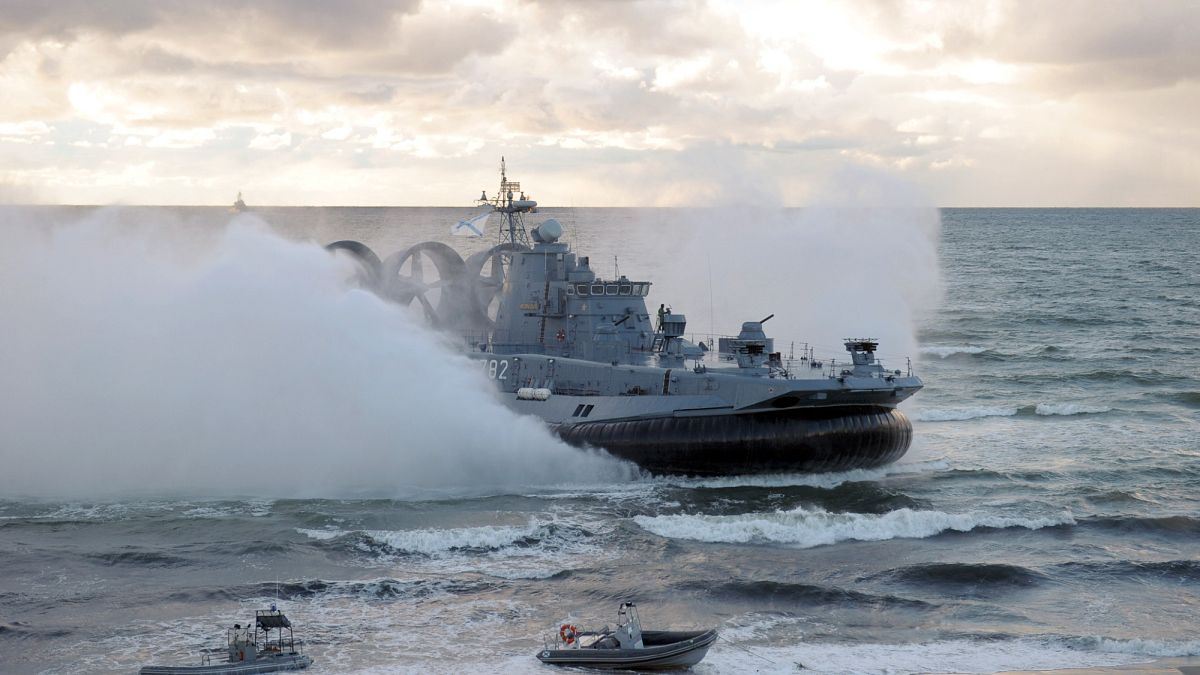

In a series of noteworthy international developments, European security concerns and peace negotiations are taking center stage. Addressing different regions, these events reflect the ongoing global efforts to maintain stability and foster peaceful resolutions to disputes.
The Lithuanian government has recently spotlighted a significant rise in GPS jamming incidents, attributing these disruptions to operations originating from Russia. These interferences allegedly stem from over ten specific locations within the Russian enclave of Kaliningrad. Lithuanian authorities are actively addressing these incidents, which have heightened regional security concerns. The implications of such actions extend beyond immediate navigation disruptions, as reliable GPS signals are crucial for various sectors, including aviation and broader communications infrastructure.
Simultaneously, Germany has expressed its support for Poland’s measures to manage migration from Belarus, underscoring the importance of cooperation among European Union (EU) member states in addressing such cross-border issues. During a visit to the Polish-Belarusian border, German Interior Minister Alexander Dobrindt emphasized the significance of Poland as a vital partner within the EU. Germany’s backing highlights the need for a collective and coordinated approach to migration management, ensuring that regional challenges are met with solidarity and mutual support.
Meanwhile, in an effort to resolve ongoing conflicts, Ukraine and Russia are preparing for another round of peace talks scheduled to take place in Turkey. Ukrainian President Volodymyr Zelenskyy announced the meeting, which comes amid prolonged hostilities and intensified long-range attacks from Russia. These discussions mark a continued commitment to dialogue, seeking pathways to peaceful resolutions despite the complex dynamics on the ground. The negotiations aim to de-escalate tensions and foster a sustainable peace framework in the region.
Adding to the international calls for peace, foreign ministers from 28 countries, including numerous European nations alongside Canada, Australia, and New Zealand, have collectively urged for an immediate ceasefire in Gaza. This united plea underscores the global community’s desire to see an end to conflicts and a return to peaceful dialogue. The involvement of the EU Commissioner for Equality, Preparedness, and Crisis Management further highlights the critical importance of addressing humanitarian concerns and ensuring that diplomatic efforts are prioritized.
These developments reflect a broader commitment to maintaining regional stability and promoting peace through dialogue and cooperation. As various nations and international bodies come together to address these issues, there remains a shared hope for solutions that prioritize safety, security, and humane treatment for all involved. The path forward depends on sustained diplomatic efforts and the continued willingness of parties to engage in constructive conversations aimed at peace and reconciliation.
Source: {link}
